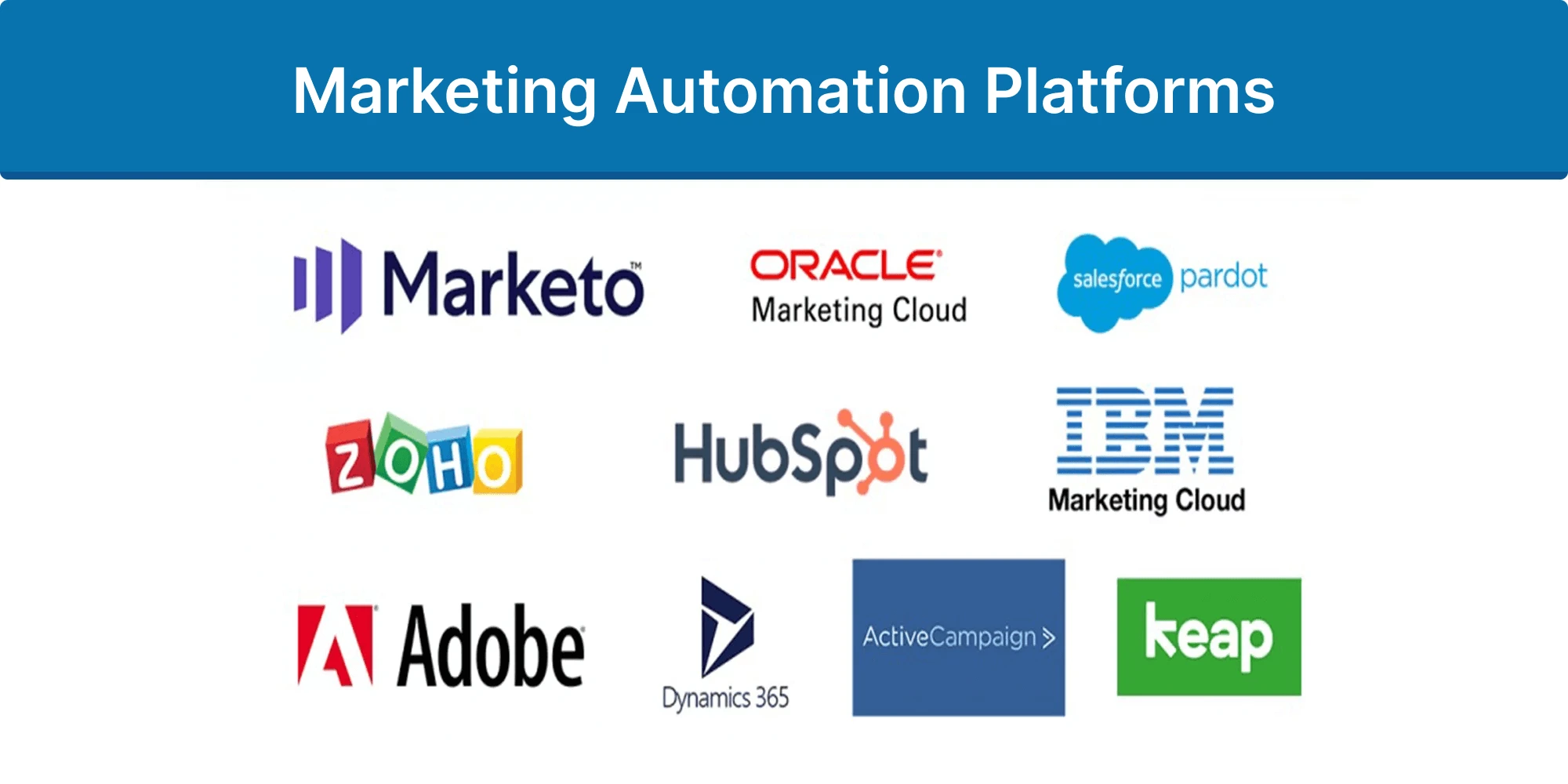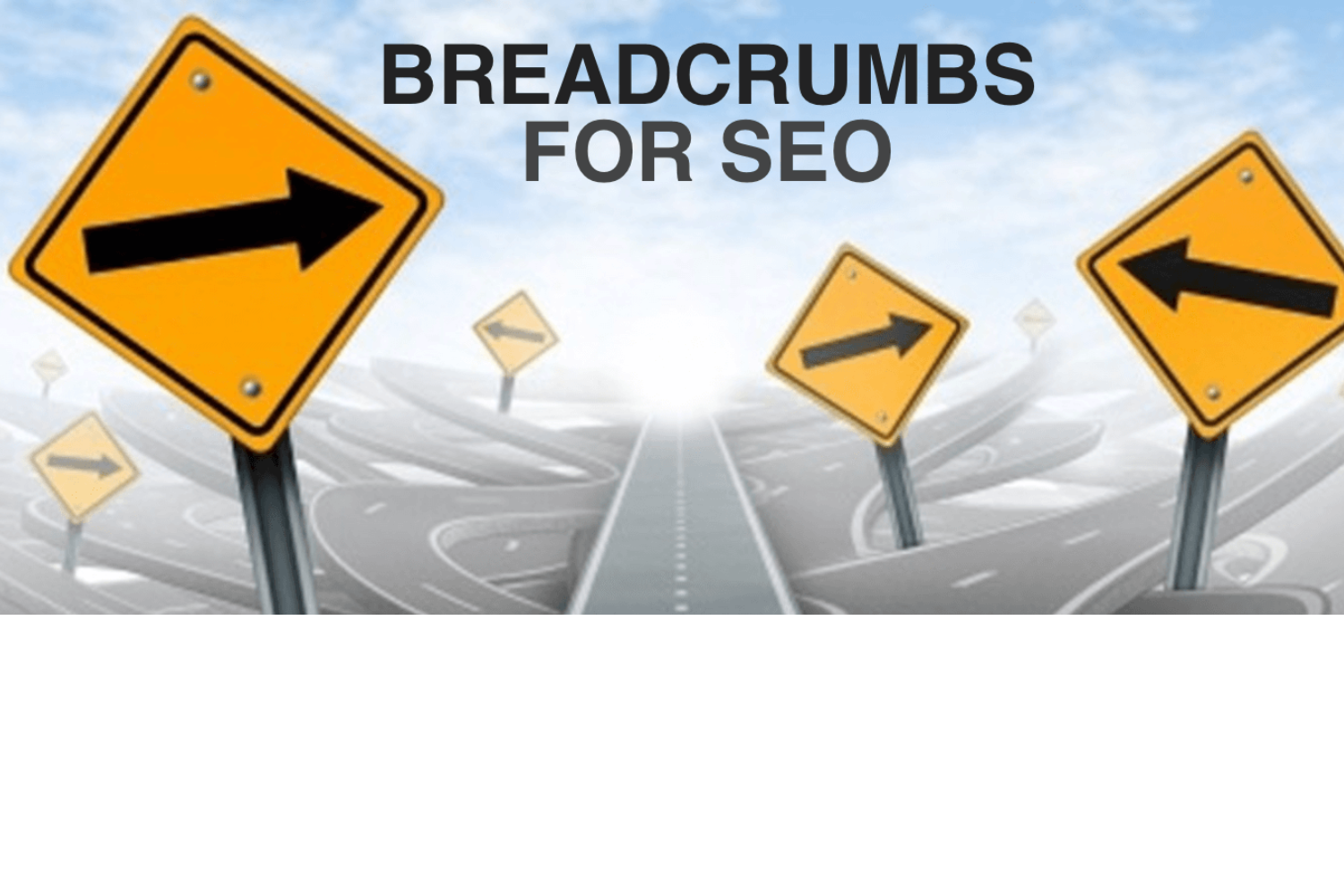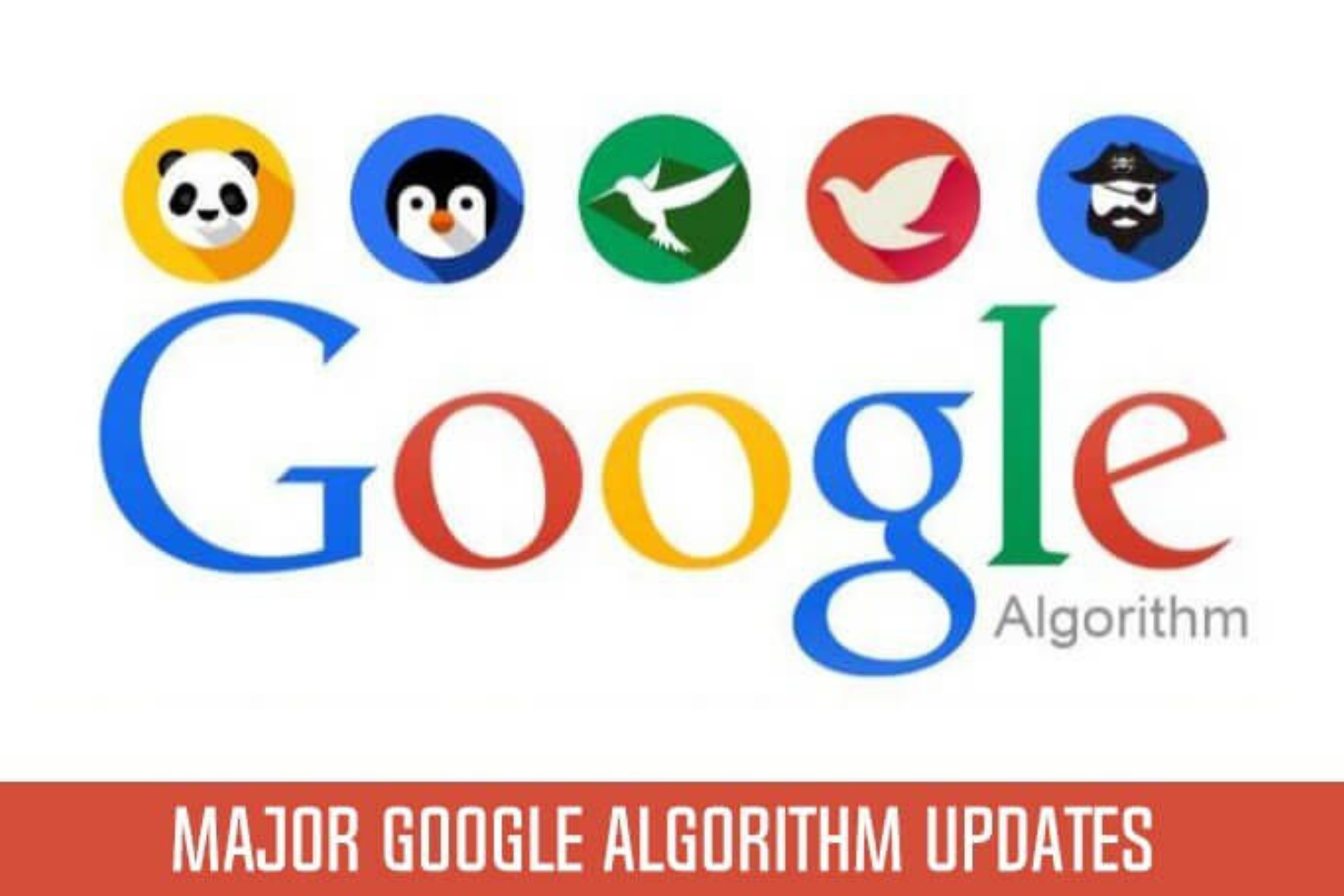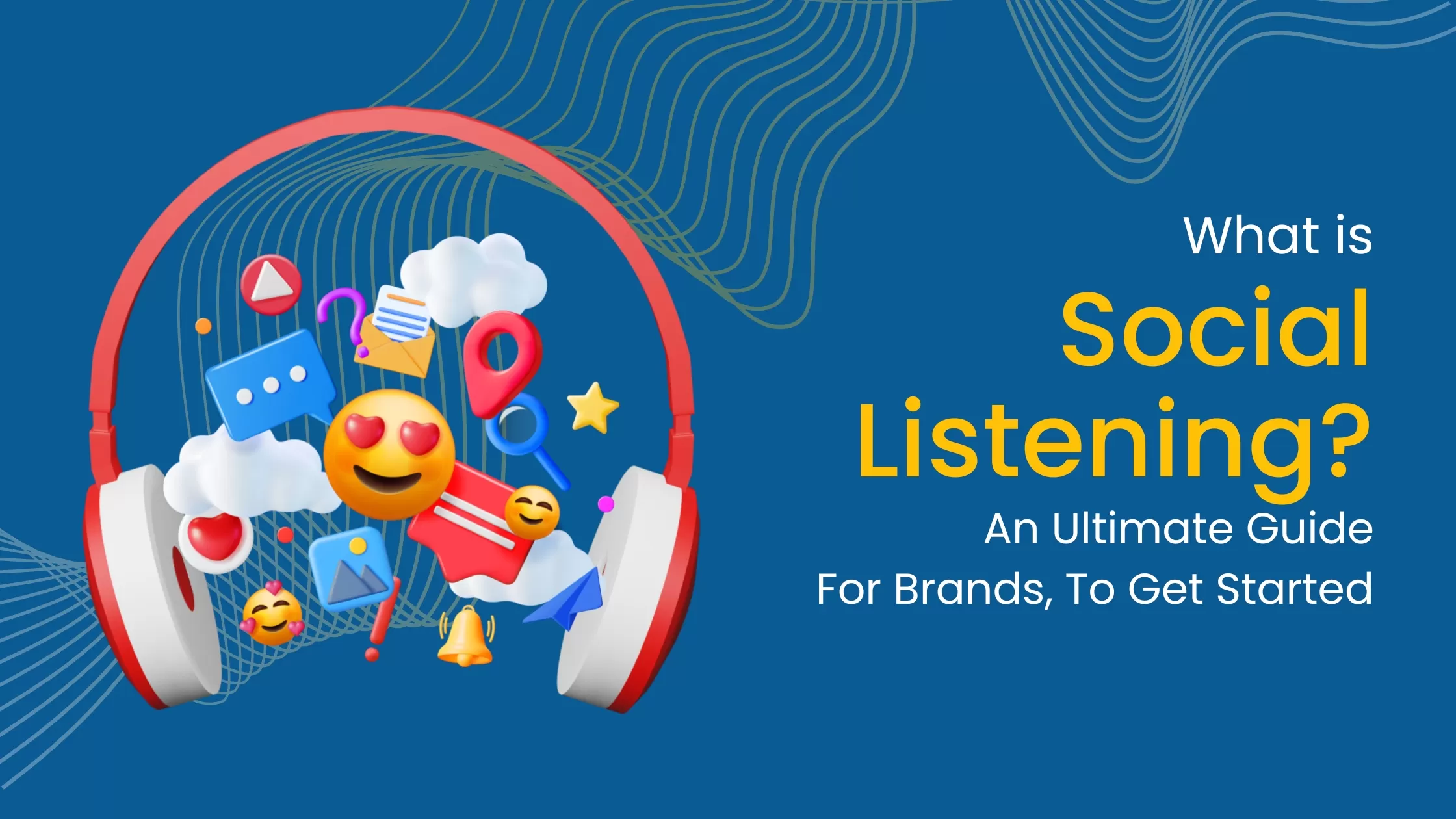09 December
Popular Marketing Automation Tools and Platforms
published
September 23topics
#SMMMarketing automation has become a necessity for businesses aiming to streamline their marketing efforts, nurture leads, and drive growth. With a plethora of marketing automation tools and platforms available, choosing the right one can be a daunting task. In this comprehensive guide, we'll explore some of the most popular marketing automation solutions that can help you elevate your marketing game and achieve your business objectives.
The Rise of Marketing Automation
The world of marketing has witnessed a seismic shift over the past decade. The rise of digital channels, the growing importance of data-driven insights, and the need for personalized customer experiences have paved the way for marketing automation. What is Marketing Automation? Marketing automation refers to the use of software and technology to automate repetitive marketing tasks, manage complex campaigns, and analyze customer data for more effective marketing strategies. It enables businesses to engage with their audience at the right time, with the right message, and through the right channels. The Benefits of Marketing Automation
- Efficiency: Automating repetitive tasks saves time and resources, allowing marketing teams to focus on strategic activities
- Personalization: Marketers can deliver highly personalized content and messages, increasing customer engagement and conversions
- Lead Nurturing: Automation helps in nurturing leads through the sales funnel, ultimately driving more sales
- Data Insights: Access to data-driven insights enables better decision-making and optimization of marketing efforts
Key Features to Look for
- Email Marketing Automation: Effective email marketing is a cornerstone of marketing automation. Look for tools that offer advanced email automation capabilities, including drip campaigns, personalization, and A/B testing.
- Lead Management: An efficient lead management system should allow you to capture, segment, and nurture leads effectively. Lead scoring, tagging, and CRM integration are essential features.
- Multi-Channel Marketing: Today's consumers interact with brands across various channels. Your automation tool should support multi-channel marketing, including social media, SMS, and web.
- Analytics and Reporting: Comprehensive analytics provide insights into campaign performance and customer behavior. Consider purchasing products with strong reporting capabilities.
- Integration Capabilities: Your marketing automation tool should seamlessly integrate with other software you use, such as CRM systems, content management systems (CMS), and e-commerce platforms.
HubSpot
- Userfriendly interface
- Comprehensive set of features
- Integration with CRM
- Robust analytics
- Scalable for businesses of all sizes
- Higher cost for advanced features
- Steeper learning curve for beginners
Mailchimp
- Easytouse email builder
- Free plan available
- Integrates with ecommerce platforms
- Marketing CRM included
- A/B testing capabilities
- Limited automation features in the free plan
- May lack some advanced automation options
ActiveCampaign
- Robust automation workflows
- CRM and sales automation
- Split automation testing
- Advanced reporting
- SMS marketing capabilities
- Learning curve for complex automation workflows
- Pricing may not be appropriate for small enterprises
Marketo
- Enterpriselevel features
- Robust lead management
- Advanced reporting and analytics
- Integration with Adobe Experience Cloud
- High cost, primarily for large enterprises
- Complex setup and learning curve
Comparing Features
| Feature | HubSpot | Mailchimp | ACTIVE Campaign | Marketo |
|---|---|---|---|---|
| Email Marketing | ✓ | ✓ | ✓ | ✓ |
| Lead Generation | ✓ | ✓ | ✓ | |
| CRM Integration | ✓ | ✓ | ✓ | ✓ |
| A/B Testing | ✓ | ✓ | ✓ | ✓ |
| Advanced Analytics | ✓ | ✓ | ✓ | |
| SMS Marketing | ✓ | |||
| Enterprise Features | ✓ |
Choosing the Right Marketing Automation Tool
- Assess Your Needs: Begin by identifying your marketing goals and requirements. Are you primarily focused on email marketing, lead generation, or CRM integration?
- Budget Consideration: Determine how much you are willing to invest in a marketing automation solution. Keep in mind that different platforms offer various pricing tiers.
- Scalability: Consider whether the platform can grow with your business. It's essential to choose a tool that can accommodate your expanding marketing needs.
- User-friendliness: Evaluate the ease of use, especially if you have a team that will be using the tool. A userfriendly interface can reduce the learning curve.
- Integration: If you use other tools or platforms, ensure that your chosen marketing automation solution can seamlessly integrate with them.
The Future of Marketing Automation
- Artificial Intelligence (AI): AI-powered marketing automation is on the horizon. Machine learning algorithms will enable more advanced personalization, predictive analytics, and automated decision-making, making campaigns even more efficient and effective.
- Enhanced Customer Experience:Automation will play a pivotal role in crafting seamless customer journeys. Tools will focus on delivering cohesive experiences across multiple touchpoints, ensuring that customers receive relevant and consistent messaging.
- Integration with Emerging Channels: As new digital channels emerge, marketing automation tools will adapt to incorporate them. Look out for automation solutions that seamlessly integrate with emerging platforms and technologies.
- Privacy and Compliance: As data privacy regulations become more stringent, marketing automation tools will need to prioritize data security and compliance. Expect to see enhancements in data protection features.
- User-Friendly Interfaces Marketing automation platforms will continue to improve their user interfaces, making them even more intuitive and accessible to marketers with varying levels of technical expertise.
Conclusion
Modern marketing strategies now include marketing automation as a key component. Each platform we've reviewed—HubSpot, Mailchimp, ACTIVE Campaign, and Marketo—offers unique features and capabilities suitable for different business requirements. By evaluating your specific needs, budget, and long-term goals, you can choose the right marketing automation tool to help your business thrive in the digital landscape.
FAQs
Q1: What is marketing automation, and why do businesses need it?
Marketing automation refers to the use of software and technology to automate repetitive marketing tasks, such as email campaigns and lead nurturing. Businesses need it to save time, increase efficiency, and deliver personalized content to their audience.
Q2: Are there free marketing automation tools available?
Yes, some marketing automation tools offer free plans with limited features. Mailchimp, for example, provides a free plan that includes email marketing automation.
Q3: What is the difference between marketing automation and CRM software?
Marketing automation focuses on automating marketing tasks, while Customer Relationship Management (CRM) software manages customer data, interactions, and sales processes. Many marketing automation platforms, like HubSpot, offer CRM integration.
Q4: Can small businesses benefit from marketing automation?
Yes, marketing automation can benefit businesses of all sizes. Small businesses can use it to save time and deliver targeted marketing messages efficiently.
Q5: What is the future of marketing automation?
The future of marketing automation involves more advanced AI and machine learning capabilities, allowing for even more personalized and predictive marketing strategies.
Q6: How do I get started with marketing automation?
To get started, assess your marketing needs, research available tools, and consider seeking assistance from experts if needed.Become Our Next Obsession With Your Project.
Let’s talk
We're excited to discuss your ideas, goals, needs, and dreams. Let's schedule a call.
Start a projectSome topics to look into
discover our blog22 November
02 November






